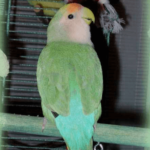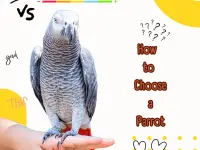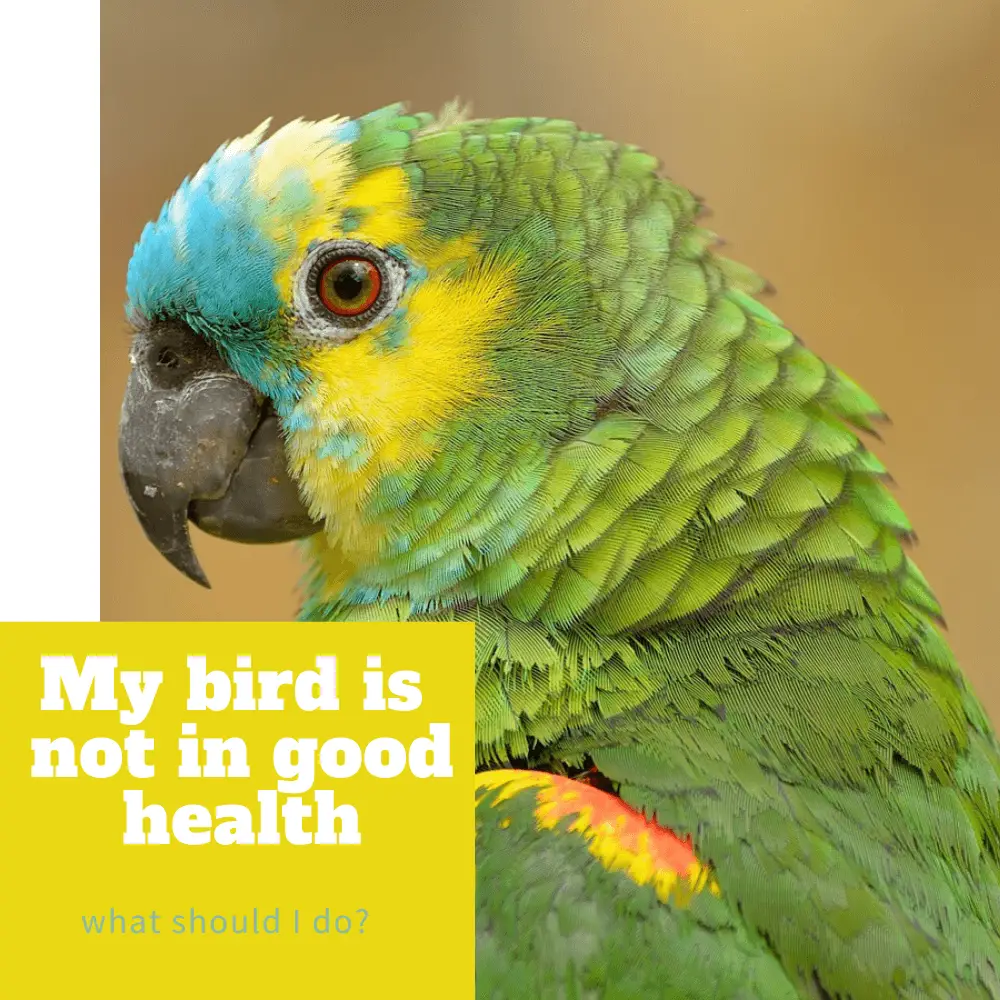
Never do in an emergency with a parrot
Put an ointment …
… or anything based on oil or fat on the bird’s body.
Parrots depend on their feathers to regulate their body temperature, especially in cases of conditions. Even if you apply an ointment to a featherless area of your bird-like its paws or feet, the bird will eventually spread the fatty body ( on his feathers ) while trying to clean himself. Can also grow yeasts
In the event of a cat attack …
… wait to see how the parrot will react.
The Pasteurella ssp bacteria multiply at lightning speed and can invade the body of the bird and kill it within 48 hours. Even if there is no apparent wound or there is only a small sore, make no mistake, your bird’s life is at stake.
Animal attack = Vet urgently.
Never give alcohol …
… or a “little pick-me-up” to your parrot.
Do not use light ( bulb ) …
… as a heating element in the hospital cage.
This would result in increased stress for the bird.
Never use iodine …
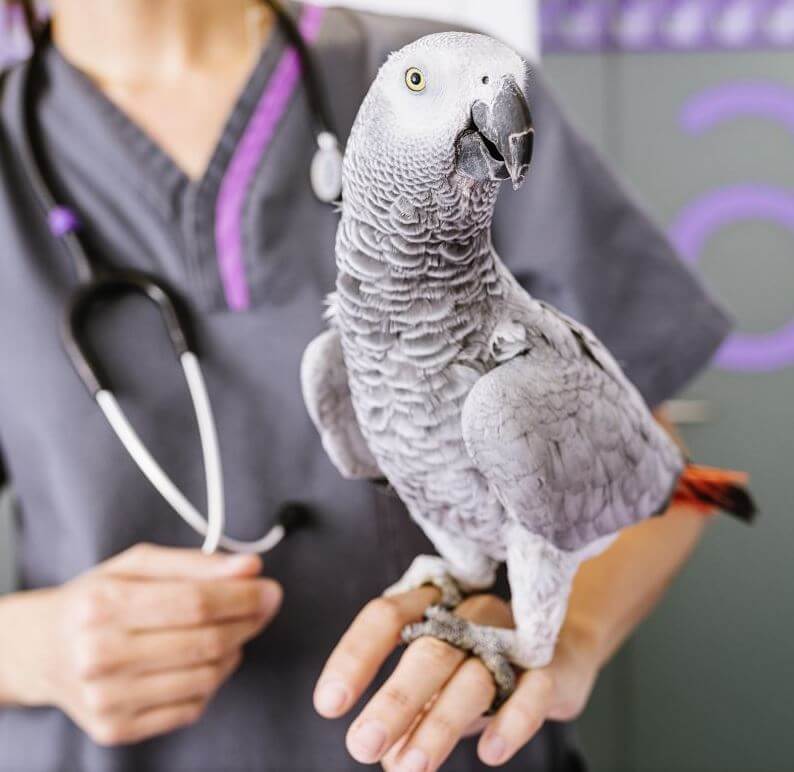
Never do in an emergency with a parrot
… at more than 1% concentration.
A higher concentration of iodine is too strong and prevents fibroblasts ( regenerative skin cells ) from attaching
Never administer “drugs” …
… sold in pet stores.
Tetracyclines can cause severe fungal infections.
Before you give your parrot a “natural remedy” …
… ask your veterinarian!
The local pet store is not a veterinary practice, neither is the neighborhood pharmacy, your naturopath, and the breeder.
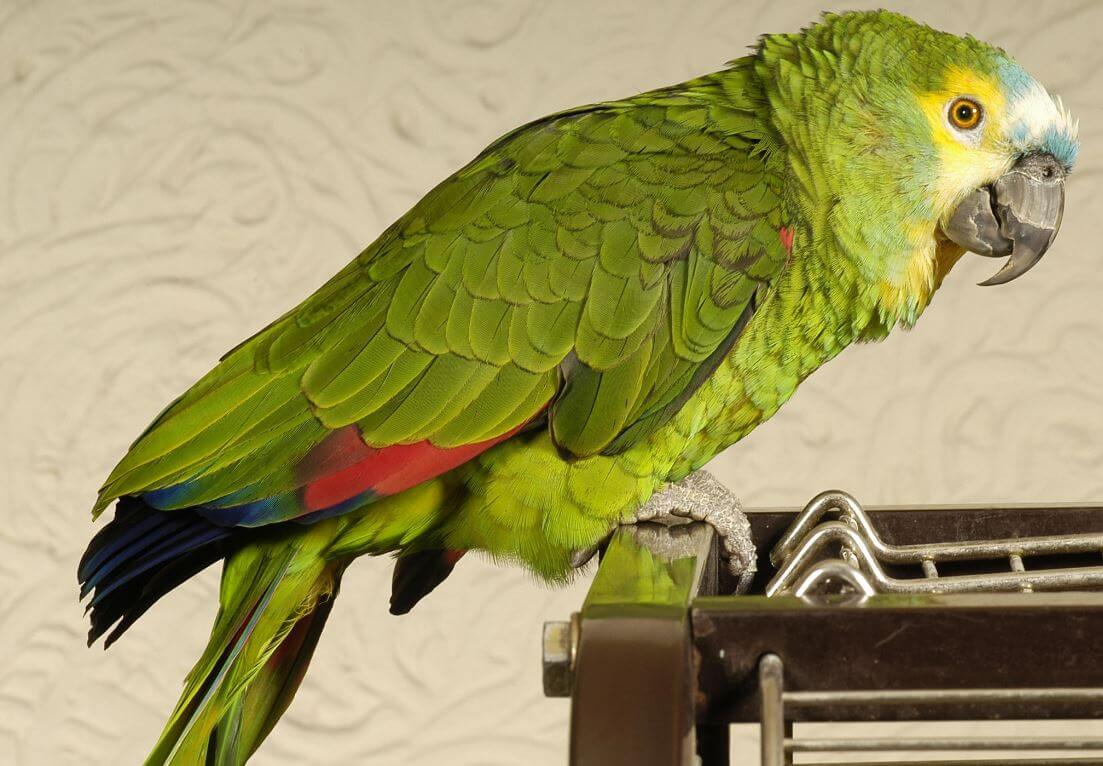
Never do in an emergency with a parrot
Never give leftover medication ( antibiotic or other ) …
… and never prescribe medication for your bird yourself ( even if a breeder buddy can get it for you at a low cost ).
You are not a veterinarian and neither is your boyfriend!
You should know here that antibiotics have absolutely no effect on viruses; moreover, each antibiotic works for a specific bacteria. An antibiotic does not kill all kinds of bacteria.
It is important for the vet to take blood samples or other tests to determine the bacteria and prescribe the appropriate antibiotic.
Additionally, in most cases, the vet will also prescribe an antifungal in addition to the antibiotic. If the bird’s situation deteriorates, these drugs could distort the diagnosis of your bird’s pathology when the veterinarian is taken care of it.
Never use hemostatic powder or silver nitrate sticks …
… in the beak, eye, or on the skin of your parrot.
These products are highly toxic to parrots ( poisoning ), and furthermore, their use on the skin or follicle ( blood feather ) may create reactions such as granulomas or encysted feathers.
In the case of poisoning …
… never give mineral oil orally to the bird.
Cases of pulmonary aspiration ( pneumonia and death ) are too frequent.
Disturb the sick or injured parrot every five minutes …
… because you are worried.
The bird will waste its strength unnecessarily in order to look good in your presence.
What to do in a PARROT EMERGENCY (CC ON) while waiting for the avian vet
SOURCE: Flock of Five


